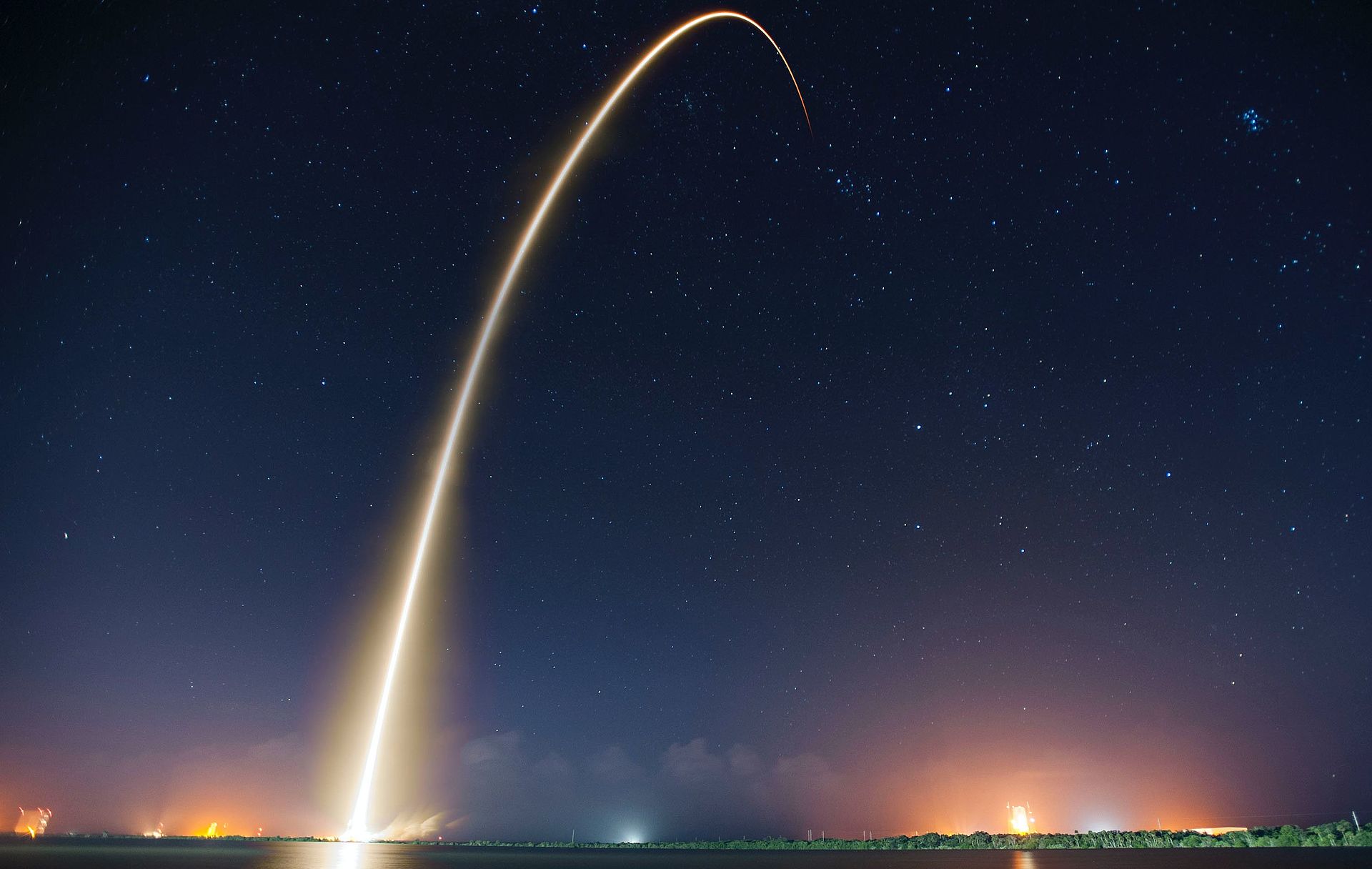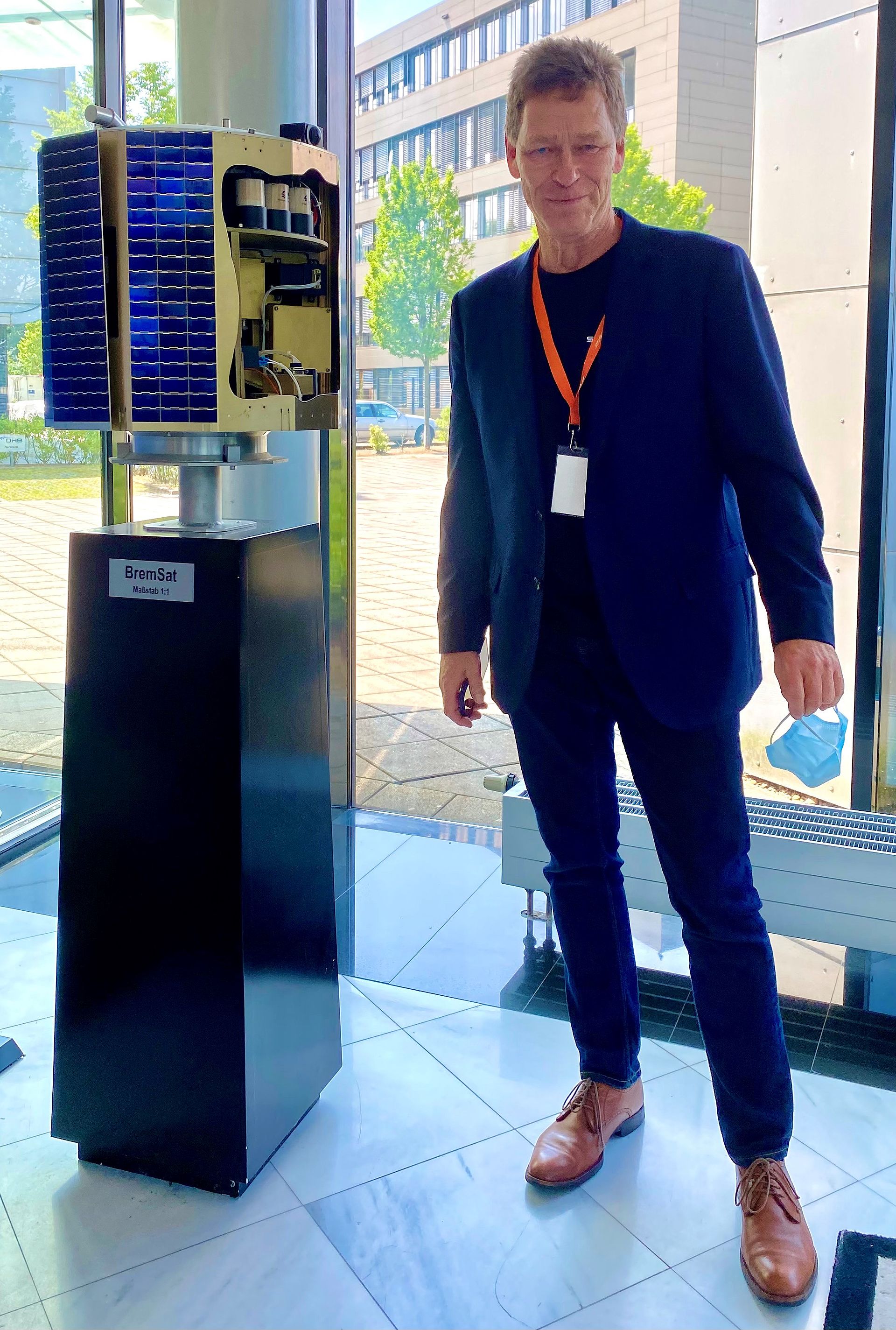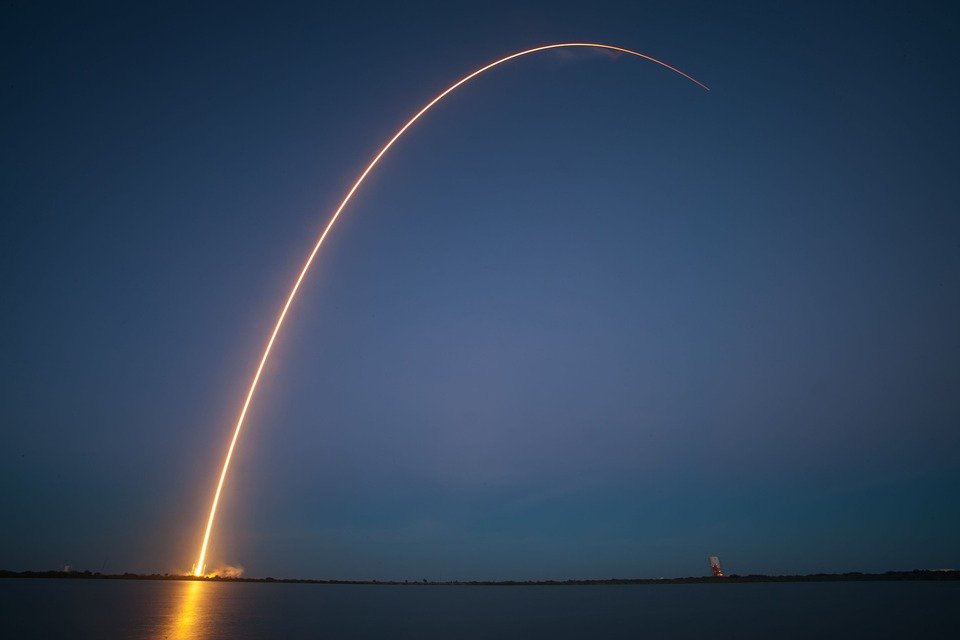Hans-Joerg Koenigsmann studied aerospace engineering at the TU Berlin and holds a PhD from the University of Bremen. As a young space engineer, he worked at ZARM in Bremen and was responsible for the technical programme management of the BremSat small satellite project, which was realised in close cooperation with OHB. After completing the project, Koenigsmann went to the USA, where he worked as Vice President of Mission Assurance at Space X from 2011 to 2021. In this interview, he explains why the space industry is different in the US and how Space X has become the company that sets standards.
Mr. Koenigsmann, 20 years ago you joined a start-up company called Space X. Today, Space X is the space company that drives the industry ahead of it. Is there a secret to its success?
Koenigsmann: If there is a secret, it is certainly our start-up mentality, which we have maintained over the years. In terms of structure, we were and are an innovative company. We always go to the basis of the matter and then develop something new instead of relying on solutions that have proven themselves in industry. The danger here is that you no longer think about whether these solutions are good enough. On top of that, in addition to a few experienced people, we relied on many young, less experienced people who came directly from university and also from completely different industries than space.
How much did it help Space X that the early years of the company coincided with NASA changing its space policy towards more commercial incentives?
NASA had tried to promote commercial incentives every now and then. But I do think it helped Space X a lot that there was more commercial funding in the US in spaceflight in the early 2000s. But the decisive factor was that we were also immediately successful with our first commercial contract from NASA.
In Europe, things are still different. Everything is more regulated, more bureaucratic, less commercial. Is that a disadvantage from your point of view for global competition?
On the one hand, spaceflight in Europe has always been different from spaceflight in America. In Europe, spaceflight has always had an element of international understanding, and people wanted to bring countries together through cooperation. This idea was very successful, and I have always been very supportive of that. The other side of the coin, however, is that this path has not always led to the best rockets being built, at least not in recent years. Therefore, the framework conditions would have to change a lot in order to become competitive again.
In Europe, spaceflight has always had an element of international understanding, and people wanted to bring countries together through cooperation.
What would have to happen for Europe to become more competitive?
For one thing, Europe would have to rely on reusable launchers. But that ship has long since sailed. In addition, the commercial side would have to be promoted much more strongly, so that start-ups also get involved in the development of larger rockets. That would be a step that could happen in the next few years.
Would Space X have been as successful in Europe?
I think so. There are very good engineers in Europe – and with Elon Musk we had an investor who provided the money at the beginning. So I don't see any reason why we wouldn't have been similarly successful in Europe.
Why is there no Elon Musk in Europe?
Elon went to America because he could realise his ideas there. If there had been a chance to realise them in the same way in Germany, maybe he would have even considered it. A fundamental difference is that it's much easier to get financing for projects in the US. The potential for people working in innovative companies is simply greater. And as trite as it may sound, the spirit of Silicon Valley is simply unique in the world and therefore irreplaceable. This inventive and creative spirit has grown over decades. You can't create that, even with state money. You have to let it develop. And that is what has happened in the Valley.
How do you see the development towards commercial spaceflight in Germany and Europe?
These are the first beginnings, people are trying to imitate some things...
...imitate, you say.
...well, something has to change fundamentally in some areas.
What do you mean?
The mobility of skilled workers, for example. Or the participation of employees in the capital. That's all very motivating for people in the US. I know that this is still difficult in Germany and Europe. However, I see the first signs of change.
But that is not enough?
I think something is still missing. Besides money, the right environment is missing.
Is that a matter of mentality? What was the fundamental difference to Germany that you felt in the early 2000s after joining Space X?
We all wanted our first flight to be successful. So it's not like we thought back then: OK, so a few launches didn't work, so what. Let's try again from the beginning. We all thought it was frustrating that the first launches went wrong. But today I see it differently. Today I say: With every unsuccessful launch we have learned something. I often had to think of a scene I experienced with Manfred Fuchs, the founder of OHB. We also had an unsuccessful launch many years ago in Kiruna in Sweden. Then he came to me and said: You have learned something, which is worth more than if it had been successful. That made a big impression on me – and taught me that people who are always successful don't know how close they are to the abyss. But above all, they don't know how he can improve things. Or to put it another way: it's nice to be successful, but on the other hand, you don't learn too much from it.
It's nice to be successful, but on the other hand, you don't learn too much from it.
What you are talking about is part of the culture. How important is culture for a successful company?
For me, the culture in a company expresses the way it approaches problems. From Germany I knew the culture that you put a lot of effort into a proposal, then there is maybe phase A, then phase B and so on until you maybe get to the launch at some point. The approach that I got to know at Space X is completely different: We needed to make the rocket cheaper, so we decided that we had to land the first stage again. And then we said: What do we have to do to make this work? That's a completely different approach. You have to experiment, try out methods. For years, we made attempts to land the stage without writing any proposals. The money for that mainly came from our own funds, of course. I admit that it was helpful to have these funds. The problem with state funding is that they offer no room to do things differently. The framework dictates how things should be done, which means that everything takes too long and innovation is lost.
Back to culture: what has made Space X so successful?
Our focus on the engineers. There's always something being developed, tried out and tested. That is one of Space X's strengths. The overhead is very small.
What role does Elon Musk play in this?
Elon is very present and also very involved. Especially in the Starship project. He also works directly with the teams on a daily basis.
And what was it like for you to work with him?
He is very intense as a boss. Meetings are always to the point and very effective. Above all, every discussion with him is very technical. That suits me just fine. That's why the cooperation between us has always worked very well.
They say Elon Musk is notorious for short meetings.
That's true. There's no idle chitchat. The purpose of a meeting is the exchange of information. If you don't have anything more to contribute, you get out and get back to your work.
The purpose of a meeting is the exchange of information. If you don't have anything more to contribute, you get out and get back to your work.
How important are visions at Space X?
Very important. Elon has a way of expressing himself that makes people think and that also contains fundamental truths. That's how he reaches people and makes them want to do their best. I have always been impressed by his attitude to what he does. And he once described it like this: "Life on Earth must be more than one problem after another ... it must have inspiration."
How inspiring do you think Bezos' flight is for spaceflight in general?
Well, for Blue Origin, Jeff Bezos' company, it may have been very inspiring. But it's a relatively small step for the rest of the world. It was a parabolic flight and a decent step away from going into orbit or flying to the stars.
Bezos himself flying along was pretty brave, though, wasn't it? After all, things could have gone wrong.
That's true. It takes a lot of courage to volunteer for the first flight. We had the first orbital flight with a crew in May 2020. It consisted of two astronauts from NASA, professional test pilots who could still have saved the situation in the event of a problem. The fact that Bezos himself joined the crew was more of a message about the rocket and the project itself.
The fact that Bezos himself joined the crew was more of a message about the rocket and the project itself.
What developments will we see in spaceflight over the next few years? After all, Elon Musk has announced that he will be moving to Mars in 2025...
In the coming years, there will be many more commercial crews in low Earth orbit. I also think that there will soon be flights of such crews around the Moon. And what I am very convinced of: Space X will manage to fly to Mars with Elon.
In 2025?
At least I wouldn't rule it out. But regardless of the timing, I firmly believe that we will get to Mars.
What do you see as the fundamental benefit of spaceflight?
Spaceflight allows humans to move away from Earth and colonise foreign planets, in the long term. I've completely changed my mind about that. When I left Germany, I saw the fundamental benefit of spaceflight in looking back at the Earth. That is still important: navigation, reconnaissance, communication and Earth observation are absolutely necessary. But the thing that has always excited people is the ability to jump from one planet to another. That is what drives us. That should also be the drive for every space engineer when they get up in the morning and go to work.
OHB founder Manfred Fuchs, with whom you often worked closely, was also a very visionary entrepreneur. How did you experience him?
He was a very individual character. He had a clear vision of his company and of space. I always found him visionary, he thought in different time frames. And he had the courage to start a new business – so he had certain similarities with Elon Musk.




